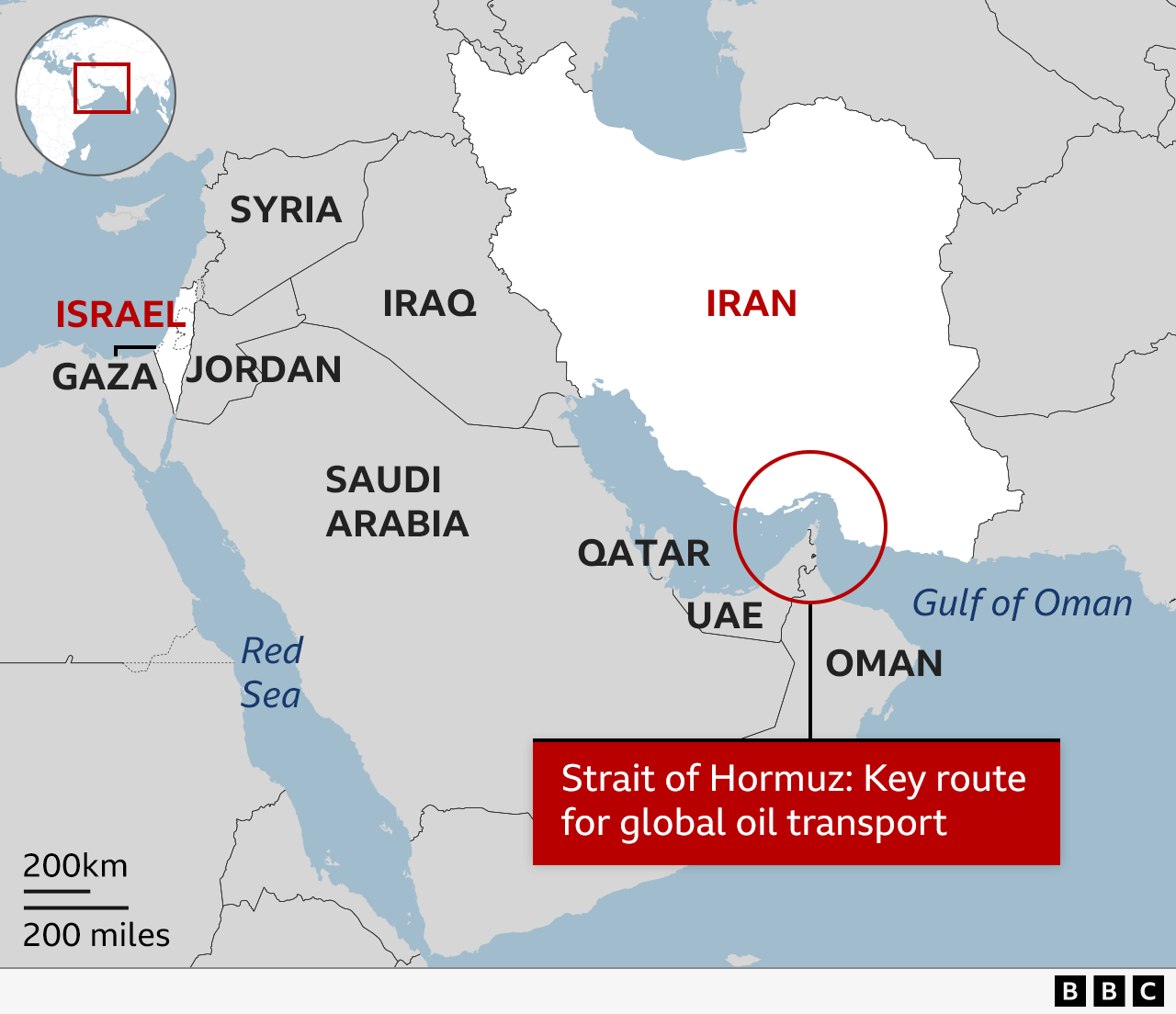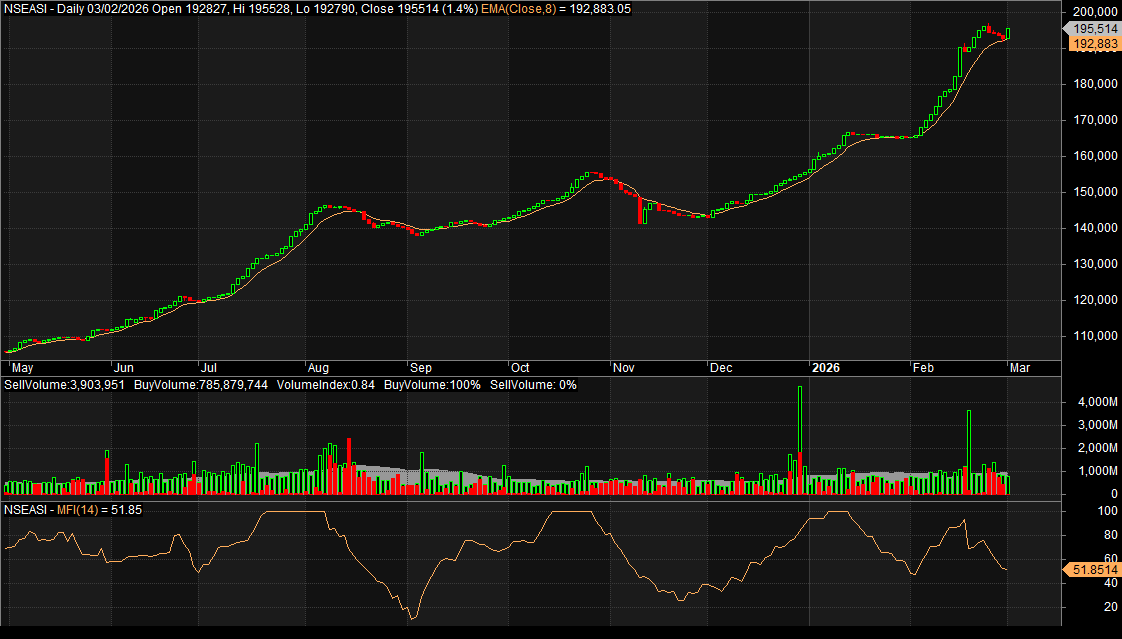
Godwin Emefiele, Governor of the Central Bank of Nigeria (CBN), on Saturday in Lagos said the country must immediately fix its power sector challenges for any planned industrialization to become feasible.
It is in realization of this, he said, the apex bank collaborated with critical stakeholders in the sector to establishe a low interest facility of about N213bn as a Special Purpose Vehicle “to discharge existing legacy gas debts that had undermined gas supply to generating power plants in the country.
In a keynote speech at the presentation of the Guardian Newspapers’ Special Report on Financing the Economy in Lagos, Emefiele said the “fund is aimed at improving investment and production in the power value chain. We hope that these will have a multiplier and indirect effect on agro-allied businesses in Nigeria.
The fund, he continued is part of the CBN’s continued focus on its development finance strategy by initiating a number of economic intervention activities in power, agriculture as well as the Micro, Small and Medium-scale Enterprises (SMEs) sectors.
N1tr On Intervention
These initiatives aimed at diversifying the economy from oil, he continued have been backed with various facilities totaling N961.1bn to enhance power and food supply, domestic production and reduce pressure on the nation’s foreign exchange.
Specifically, on the MSME sector, he said being the nucleus of sustainable growth, job creation and poverty reduction, the CBN established a ₦220 billion Micro, Small and Medium Enterprises Development Fund (MSMEDF) to offer concessionary finance to operators in that sector.
According to him, “in Nigeria, the greatest challenge of the 17.3 million MSMEs in operation is the poor access to affordable financing; leading to an estimated financing gap of about N9.6tr.”
He listed the intervention schemes in the agriculture sector to include: Agricultural Credit Guaranty Scheme (ACGSF), Commercial Agriculture Credit Scheme (CACS) and Nigeria Incentive-Based Risk Sharing System for Agricultural Lending (NIRSAL), among others.
He noted that the ACGSF, which is aimed at stimulating lending by banks to the agric sector by providing guarantee cover for their exposures, with the Interest Drawback programme (IDP) providing “40% post-payment interest rebate to farmers under the scheme who settles their loan fully.”
He listed achievements under the scheme as the N101.6bn guaranteed in favour of 1.04m farmers; while the CACS set up to fast-track agric sector development with credit facilities to large-holding and commercial enterprises at a concessionary interest rate so as to enhance “national food security, increase output, generate employment and diversify the revenue base,” following which ₦393.5bn has been released to 478 large scale agricultural projects since inception in 2010.
Under NIRSAL for which N33bn has been guaranteed to over 224 projects for the Federal Ministry of Agriculture’s Growth Enhancement Scheme, Emefiele said the apex bank “has also made efforts to finance agricultural value- chain activities through NIRSAL, which was established in 2011 and is now incorporated as a non-bank financial institution. The objective is to de-risk lending to agro-allied businesses through ownership and sharing of risk by all parties in the lending agreement.”
He also noted the Anchor Borrowers’ Programme (ABP) “designed to create an ecosystem that links Smallholder Farmers to local processors; improve productivity in identified commodities with high domestic production potential; and also build capacity of Small Holder Farmers. It is basically designed to efficiently organize production in specific agro-allied value chains.
“The programme has created a unique funding platform for financing small holder farmers in Nigeria under a value chain approach that guarantees the supply of quality inputs at the right price and time to suit production cycle and also provides a guaranteed market through anchors/aggregators that serve as off-takers to the farmers.”
The Real Sector Support Facility (RSSF), he continued, “is poised to disburse up to ₦400bn at only 9% interest rate. This strategic initiative targets projects in manufacturing and agriculture, given the mutual interdependence of both sectors for the complete industrialization of agro-allied business.”
He specially acknowledged and appreciated the management and staff of The Guardian Newspaper for organizing the event and in particular, “for the foresight and thoughtfulness at publishing the report on “Financing the Economy”.












